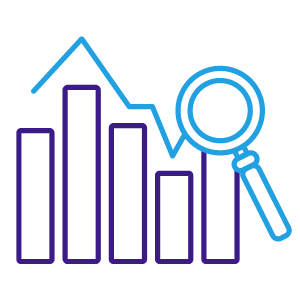Business software is broad term that encompasses various tools. However, it usually refers specifically to software developed to automate or aid in specific business processes. This includes finance, accounting and human resources, project management, and more. The aim is to streamline processes and increase productivity and profitability.
For instance Word processing software helps employees write better letters documents, applications, and agreements quickly efficiently, cheaply, and effectively. The programs can also calculate and visualize information and data, save it and make it accessible to employees and other departments.
Other examples of business applications include CRM, which allows companies to monitor client data, as well as sales and marketing software that aids businesses in finding potential customers, determine their needs to nurture leads through the sales funnel and close deals. Email automation as well as social media management are other tools are available in marketing and sales software.
Project management systems are an additional important type of software for companies. They offer the ability to coordinate and manage projects. These software applications can be used to manage schedules, keep track of the progress of projects, as well as communicate any changes to teams. Examples of this type of software for business include Trello, Flock, and MeisterTask.
Software for collaboration and communication among employees is another important piece of software designed for business that can help teams collaborate more effectively strategically, efficiently, and effectively. These systems can facilitate meetings, allow document sharing and incorporate instant messaging features. These systems can help reduce costs because they eliminate travel expenses and allow employees to work from home or on the move.



